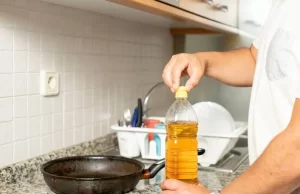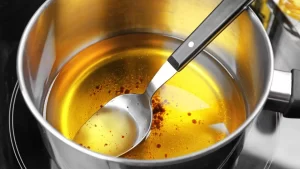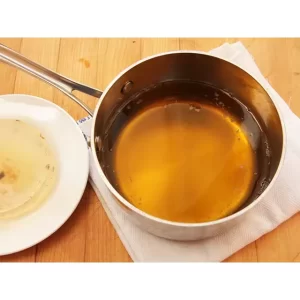Disposing of Cooking Oil Properly
Although we like a tasty fried delicacy, it might be difficult to discard the used oil. For a cleaner, safer kitchen, learn how to appropriately dispose of your used cooking oil. Cooking fried dishes can leave a lot of oil behind once you’re done in the kitchen, from lip-smacking fried chicken to deep-fried delights inspired by summer fairs. Read through these disposal choices that are safe for the environment and your kitchen before you throw that oil in the trash or let it run down your sink. An oil spray bottle can up your healthy cooking game and give your favorite foods mouthwatering crispiness.
Check with your local garbage department to see if they have any policies or procedures for getting rid of cooking grease before you start thinking about disposal choices. Check with your local government to see if there are any facilities where you can recycle used oil. If not, proceed by making sure to wait until your oil has cooled before doing so. Pouring the cooled liquid into a disposable container (such as an old cottage cheese or sour cream container) and sealing it shut is one technique to safely dispose of the oil. After that, you can discard the container easily.
A freezer technique is another option. You may also put leftover oil in an old can and freeze it until it becomes solid. When the oil becomes solid, you should use a spoon to remove it and dispose of it in the trash. If you’re using less oil, you can also let the oil harden in a coffee mug, scrape it into the garbage, and then wash the mug as normal afterwards. You can also employ the plastic bag technique. Finally, if the bag already contains some dirt, you can always throw cooled oil inside. You can soak up part of the grease with old paper towels, vegetable peels, and other materials to prevent a big mess.
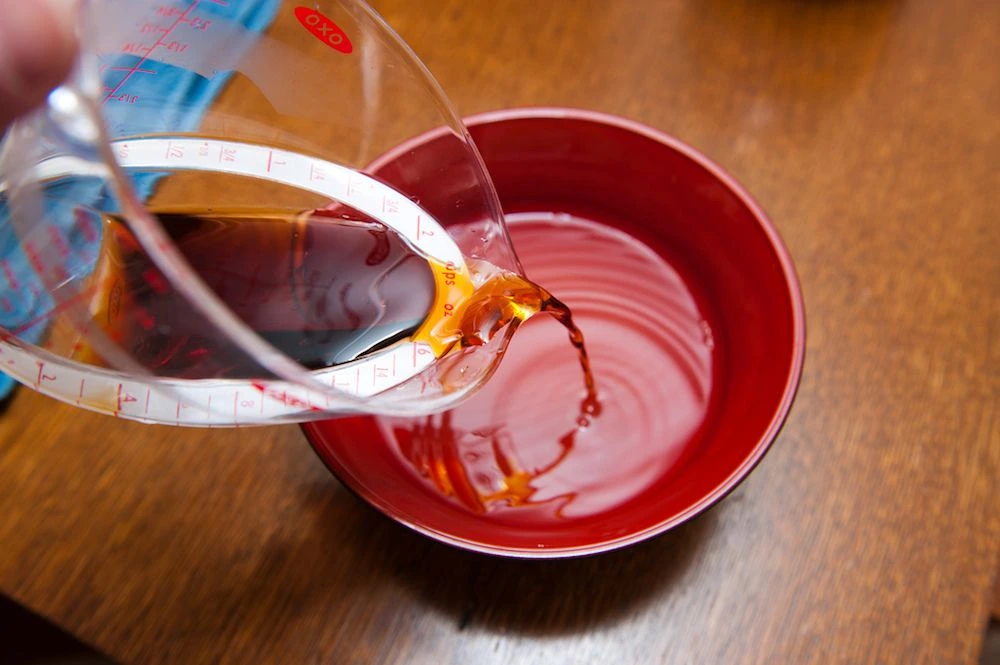
However, recycling is the greatest choice. It should go without saying that you should first consider whether it can be reused before looking at disposal options. A good approach to reusing used cooking oil is to strain it through many layers of cheesecloth or coffee filters. But every time you use oil to cook, it will gradually lose some of its quality, which will lower its smoke point. You should therefore only intend to use your cooking oil one or two times before discarding it. Another excellent approach to stretch frying oil is to mix it with some fresh oil.
Although using less oil is a terrific way to reduce the amount of oil you’ll need to dispose of, it’s also not very enjoyable, isn’t it? If deep frying is your thing, try using a deep skillet rather than a big Dutch oven to save on oil without sacrificing flavor. But even so, you’ll probably have a lot of contaminated oil. You can always consider a grease disposal system, which disposes of oil using sizable, foil-lined bags if you have more oil than you feel comfortable throwing into a trash bag. Additionally, you ought to look into the amenities that your city has to offer. To have extra used oil collected and recycled, contact NJ Oil Recyclers.
But be sure to cool the oil first. Always wait until your oil has cooled completely once you’ve finished using it before deciding how to get rid of it. Once the hot oil has cooled, you can transfer it to a single-use (non-recyclable) container because hot oil can be quite dangerous. To reduce mess at this point, getting the oil to a solidified state is also beneficial. Some oils, like coconut oil, will solidify at room temperature, but you’ll need to chill or freeze other common frying oils to do this. You can dispose of the oil in your trash once it has solidified. Throwing the oil in the garbage with other absorbent materials like coffee grounds, paper towels, or food scraps is always a good idea.
It is especially crucial to dispose of old cooking oil properly because improper disposal is hazardous to both the environment and your business. To control the use and disposal of cooking oil and stop spent oil from going down the drain, cooking oil management equipment must be installed in every commercial kitchen. Cooking oil spills that put your kitchen in danger can happen more frequently if it is stored or handled incorrectly.
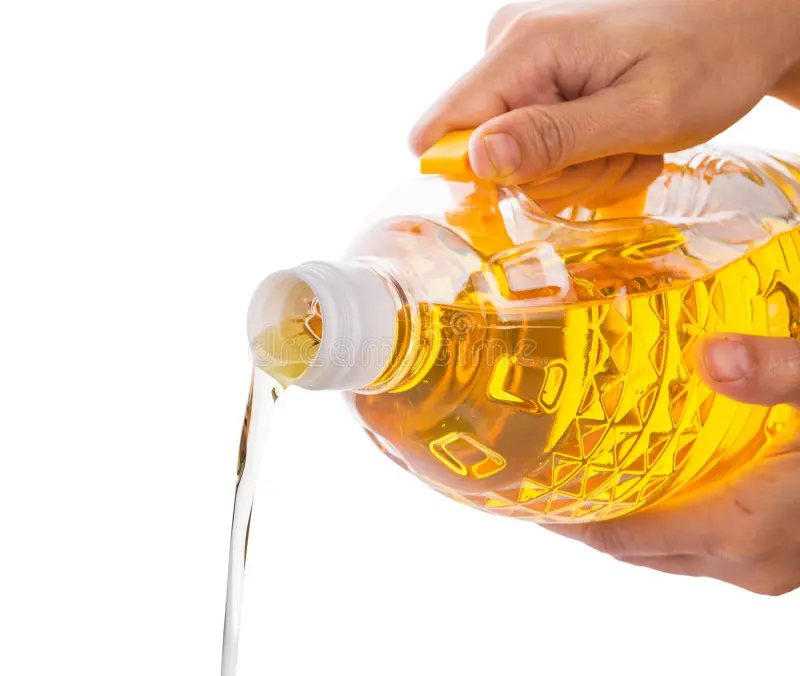
In addition to harming the sewer system and contaminating the environment, improper cooking oil disposal down the drain can cost your company money in fines. When storing and disposing of leftover cooking oil, municipalities have regulations that must be adhered to; failing to do so could result in severe penalties or possibly the closure of your business. Cooking oil must be properly disposed of after it has been used up in order to safeguard your business kitchen and the environment.
Our mission at NJ Oil Recyclers is to assist customers in the most effective disposal of used cooking oil. We won’t allow you to dump it in the garbage or pour it into sinks; instead, we’ll collect it and recycle it for a cleaner environment. Making ensuring that wasted cooking oil is recycled is the most environmentally responsible way to dispose of it. To accomplish this, your business needs to partner with a specialist that collects spent cooking oil and either recycle it themselves or transports it to a facility that can.
The spent cooking oil will be sent to a facility by experts who provide used cooking oil recycling, such as NJ Oil Recyclers, where it will be broken down using an anaerobic digestion process. The breakdown of the cooking oil allows for its conversion into biogas, which can be used to power vehicles, heat water, and produce energy. Additionally, filtered and treated used cooking oil can be converted into biodiesel fuel, which burns cleaner than standard diesel fuel. Additionally typical is the inclusion of discarded cooking oil in animal feed. Recycling is the best option for disposing of used cooking oil.

